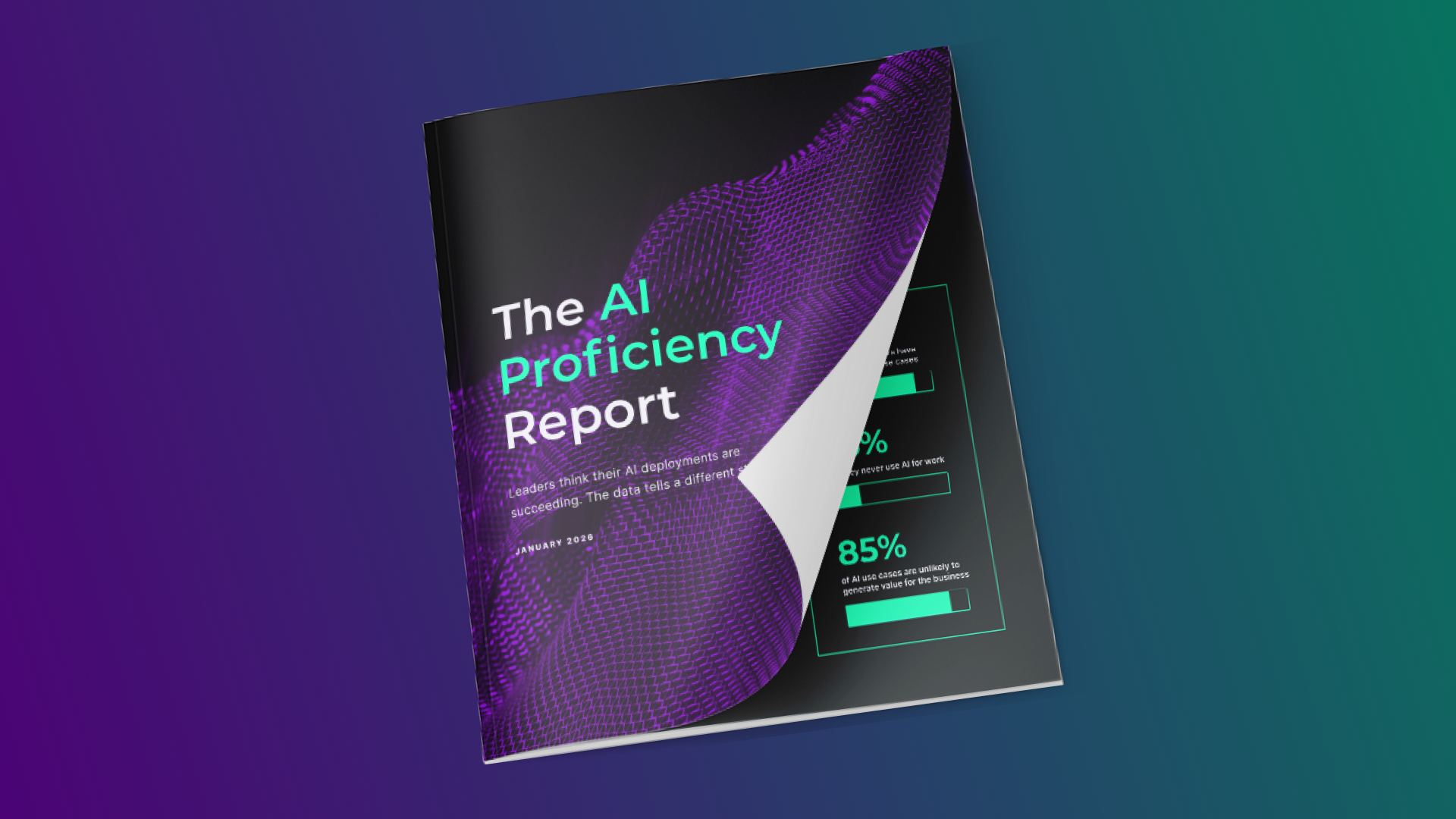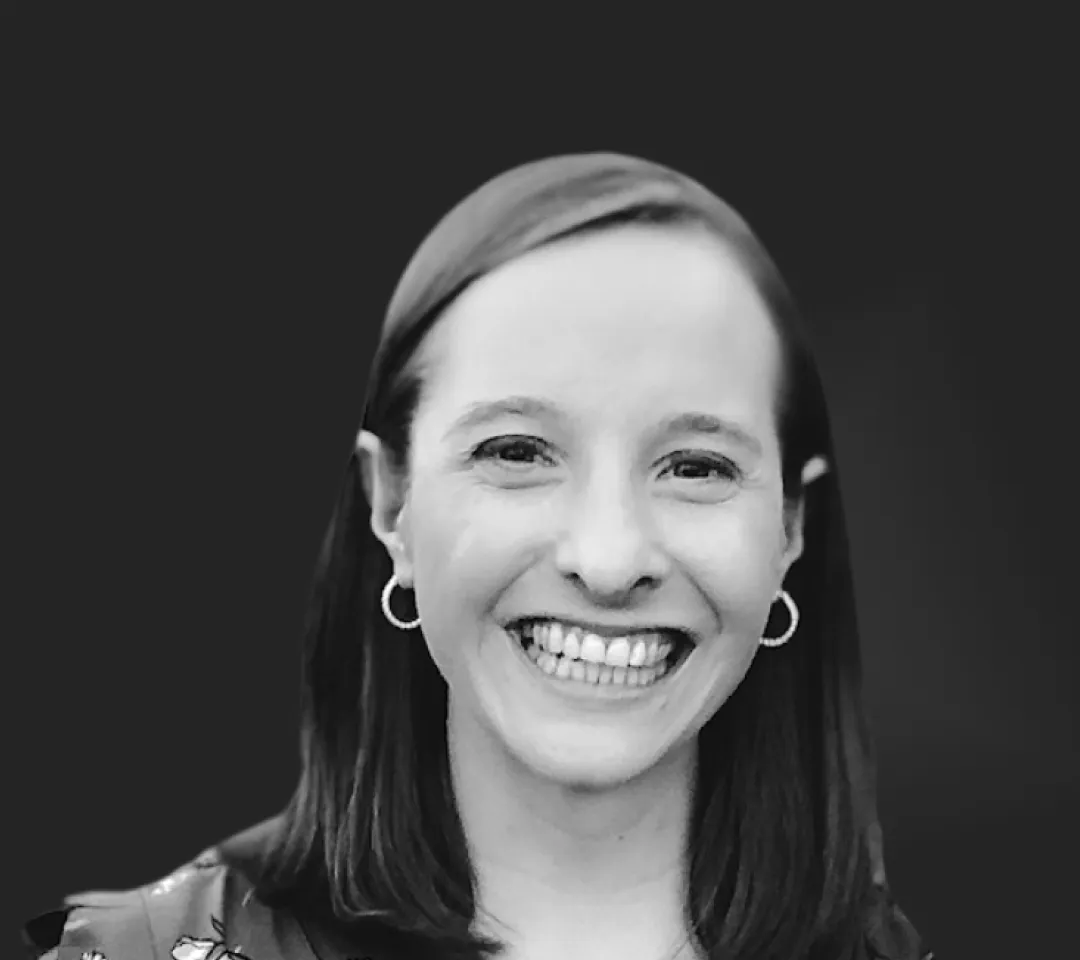AI:ROI Insights
A Section Blog

Why you can’t get your AI automations to work

The new “super leader” has different skills
Today's leaders have a new problem ahead of them: How to transform their businesses into "supercompanies" by fundamentally rethinking the work they do every day.

Why you can’t get your AI automations to work
If you’ve ever tried and failed to automate a seemingly straightforward workflow, it’s likely not on you. Machine & Partners’ Edmundo Ortega is breaking down how our legacy systems hold us back, and how that’s already changing.

The 4 priority strategies for every marketer in Q1
This week, we heard from 8 marketing experts from companies like Estee Lauder, HubSpot, and Zapier on THE AI strategies that need to be in every CMO’s 2026 plan. Our own Head of Marketing, Rachel Fields, is sharing the 4 tactics on her own to-do list.

85% of workers don’t use AI for business value
Our latest AI proficiency research was released this week – and if you’re leading a team through AI transformation, you’re going to want to keep reading.

AI can think now. What does that mean for you?
The next stage of LLMs is here: AI that “thinks,” or breaks down problems step-by-step like a human would. Here’s how we got here, and what it means for how you use AI.

AI is disrupting my dad
AI conversations tend to center around the impact on work - but what about the personal benefits?

EY's Global Head of AI: Don’t rush to prove AI ROI
If you feel like you’re falling behind because you haven’t figured out how to make a bulletproof investment in AI, read on for John Thompson’s take on why you actually need to slow down and stop sweating the ROI.

Staying silent on AI is almost as bad as banning it
The piece of data from our latest AI Proficiency Report that we can’t stop thinking about: Silence on AI breeds more AI skepticism than an outright AI ban. So if you’ve been gathering your thoughts on AI, now is the time to put them in writing.










